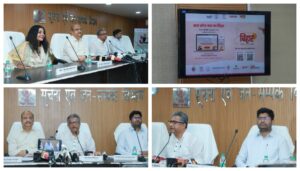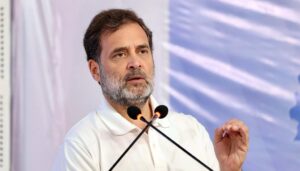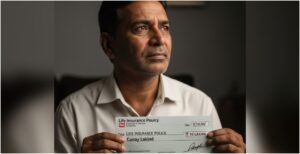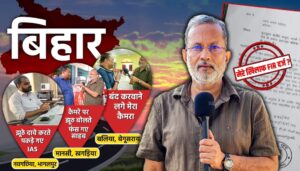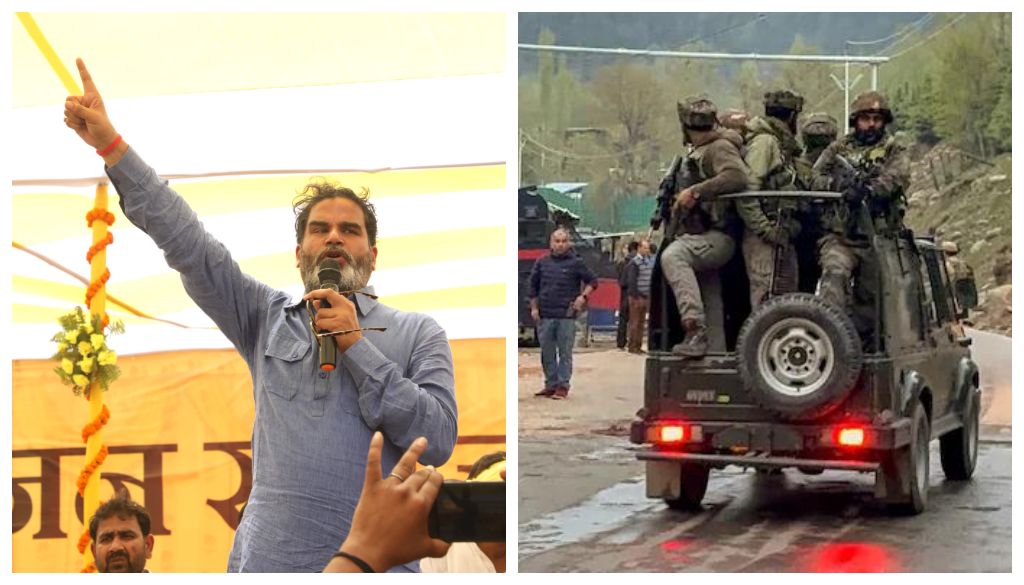
Bhagalpur: On a one-day visit to Bhagalpur as part of his Jan Suraaj Udghosh Yatra, political strategist-turned-activist Prashant Kishore strongly condemned the recent terrorist attack in Pahalgam, Jammu and Kashmir.
Speaking at a press conference on Wednesday, Kishore described the Pahalgam attack, in which 26 civilians including a Bihar-born Intelligence Bureau officer were killed, as “deeply saddening and condemnable”. He urged the government to take strict action against the perpetrators and criticised what he called the “empty sloganeering” of political leaders.
“One thing is clear from yesterday’s incident: terrorism cannot be eradicated with political slogans. A long and sustained battle is needed,” he said.
Kishore also questioned the motive and funding behind the Prime Minister’s rally in Madhubani, alleging that public money was being used to bring crowds. “If BJP wants to organise a rally, they should use the crores lying in their party account—not the money of poor Biharis,” he said.
Raising an old promise, Kishore asked whether the Rs 1.25 lakh crore special package announced by PM Modi in 2015 from Ara was ever delivered. “The people of Bihar deserve to know—was the money sent? And if so, where did it go?” he said, calling on the media to demand accountability.
Later in the day, Kishore addressed large public meetings at Lakshminarayan School in Pirpainti and Shahkund in Sultanganj, where he delivered stinging criticism of Chief Minister Nitish Kumar.
“Nitish Kumar is the head of corruption in Bihar,” he declared, alleging that bribes of Rs 2,000 for ration cards and Rs 10,000 for land receipts have become the norm under his rule.
He urged people not to vote for the leaders who “looted them and their children” and called on them to “vote for their children” instead, to establish “Lok ka Raj”—the rule of the people—in Bihar.

